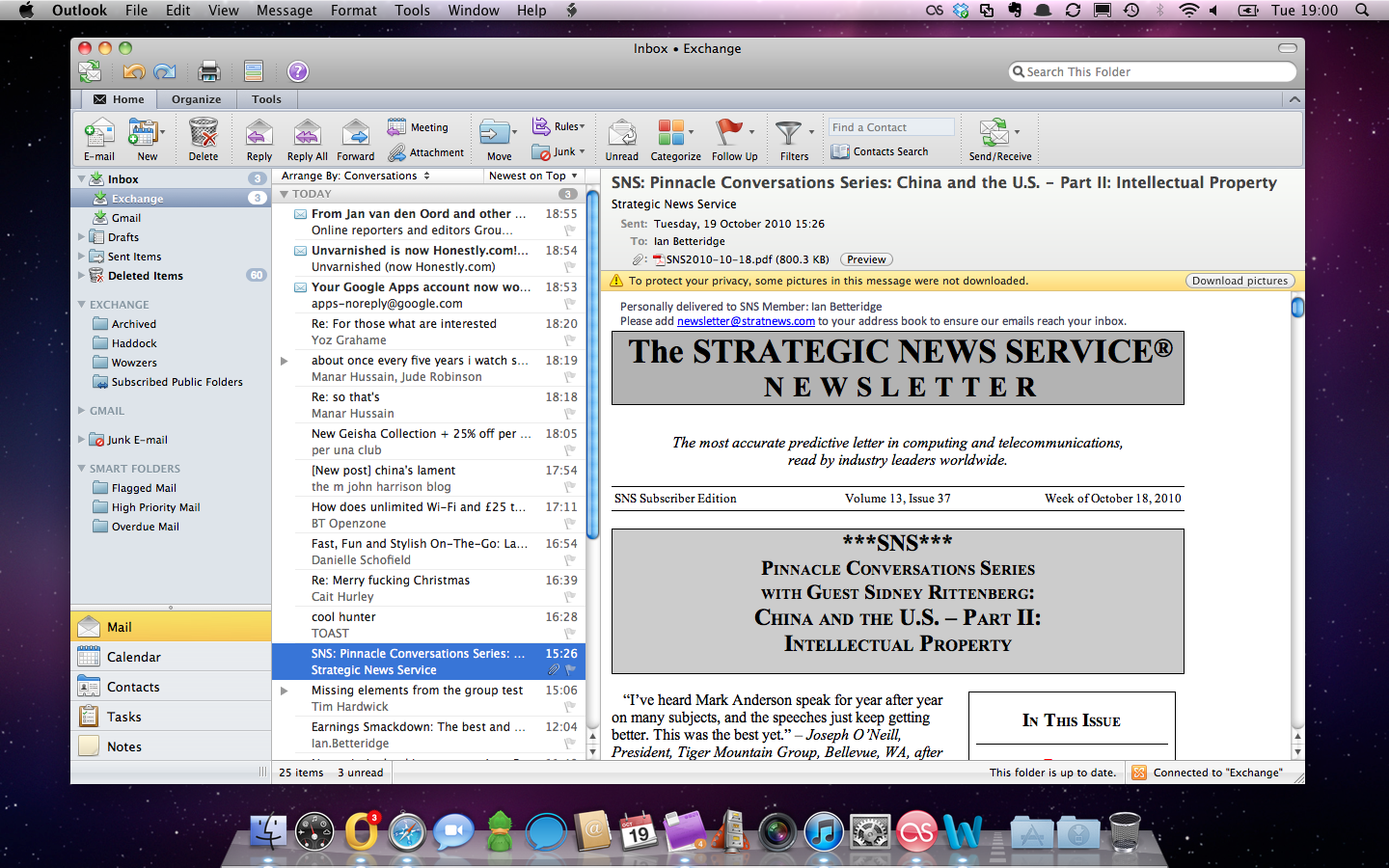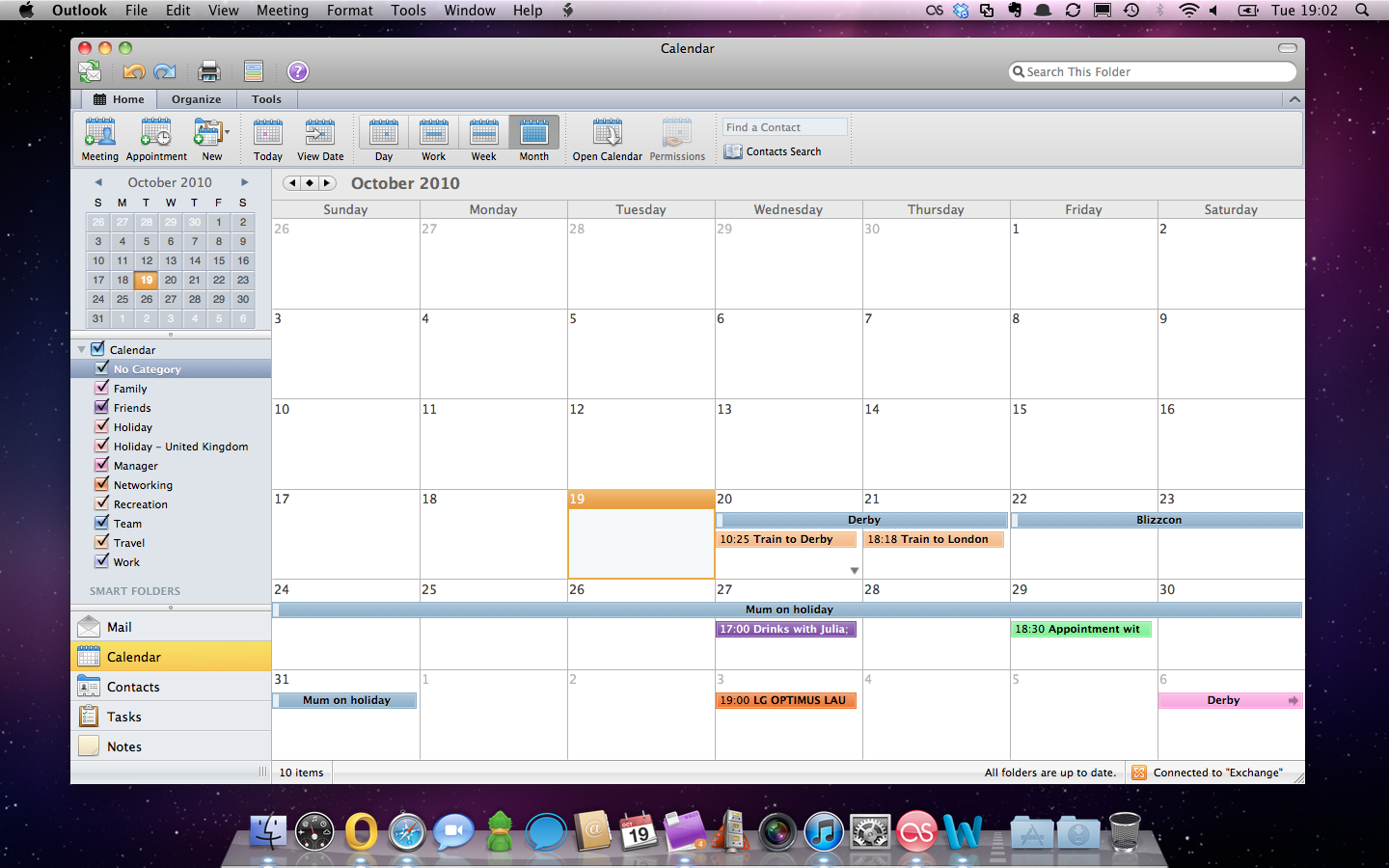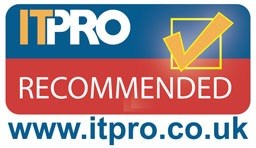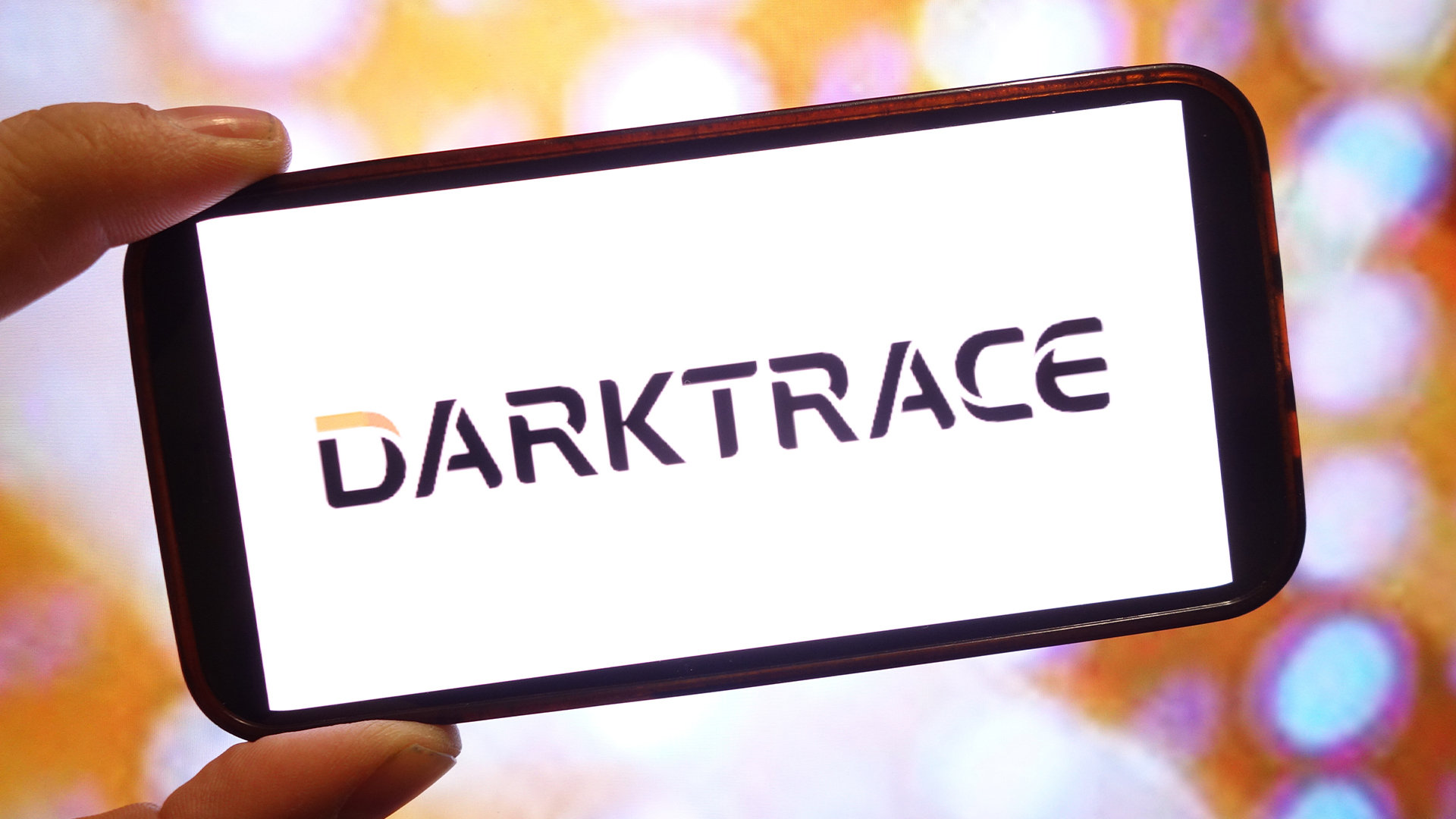Microsoft Office 2011 for Mac - Outlook 2011 review
Outlook has finally arrived for Mac OS X. Should Exchange-dependent Mac users finally rejoice? Dieter Begatin spends some quality time with Microsoft's new email program to find out.
Judging Outlook is tricky. If Entourage had never existed, it would be an amazing product. However, compared to Entourage it leaves out a few key features while gaining better Exchange support. Overall, if you’re an Exchange user, and your company uses a compatible Exchange server, it’s worth upgrading immediately. If you don’t use Exchange, though, you may want to hang on to your copy of Entourage a little while longer.

Microsoft Outlook 2011 for Mac

A calendar in Microsoft Outlook 2011 for Mac

Editing a filter, also known as a Rule, in Microsoft Outlook 2011 for Mac
It's arguable that Entourage, the personal information management and email application introduced with Office 2001 for Mac, was superior to Outlook, it's Windows counterpart. Not only did Entourage look better than Outlook, but it had features like a Projects section that Outlook lacked.
With Office 2011, Microsoft has taken the opportunity to rethink Entourage, and has effectively binned it for a new, ground-up rewrite which it has named Outlook. Why? Because unlike Entourage, Outlook focuses much more heavily on connectivity with Exchange servers. It is still a more-than capable POP and IMAP client, but Exchange users will get the most out of the new application.

That rewrite is more than just cosmetic. Microsoft has taken the opportunity to use Cocoa, rather than Carbon, as the key API. This is sensible, given Apple's general indication that Cocoa is the future of Mac programming, and it also allows Microsoft to take advantage of new Mac OS X technologies more easily in the future.
Outlook doesn't completely abandon everything from Entourage. For example, the Mailing List Manager and Rules system are essentially unchanged. This is good, as both are excellent features. But almost everything else has changed, and some features notably the Projects feature in Entourage, which let you group together related contacts, tasks, meetings and mail messages, is gone.
The overall look and feel of Outlook is more consistent with the Windows version, and adopts the context-sensitive Ribbon that's now common across both Mac and Windows versions of Office. The Ribbon is the Marmite of the software world you either love it or hate it. Personally, we find it a relief from the old style of toolbar-mania. Even if you disagree at first, it's worth giving it a chance.
Get the ITPro daily newsletter
Sign up today and you will receive a free copy of our Future Focus 2025 report - the leading guidance on AI, cybersecurity and other IT challenges as per 700+ senior executives
-
 Google faces 'first of its kind' class action for search ads overcharging in UK
Google faces 'first of its kind' class action for search ads overcharging in UKNews Google faces a "first of its kind" £5 billion lawsuit in the UK over accusations it has a monopoly in digital advertising that allows it to overcharge customers.
By Nicole Kobie Published
-
 Darktrace unveils tailored AI models with a twist for its cybersecurity agent
Darktrace unveils tailored AI models with a twist for its cybersecurity agentNews Darktrace has announced new AI models for its agentic AI security tool, but it's taken a novel approach to tackle hallucinations.
By Rory Bathgate Published
-
 This tech company wants to pay staff to look after their mental and physical wellbeing
This tech company wants to pay staff to look after their mental and physical wellbeingNews Hot on the heels of its four-day week trial, tech company Thrive is offering staff new incentives to take care of their mental and physical wellbeing.
By Ross Kelly Published